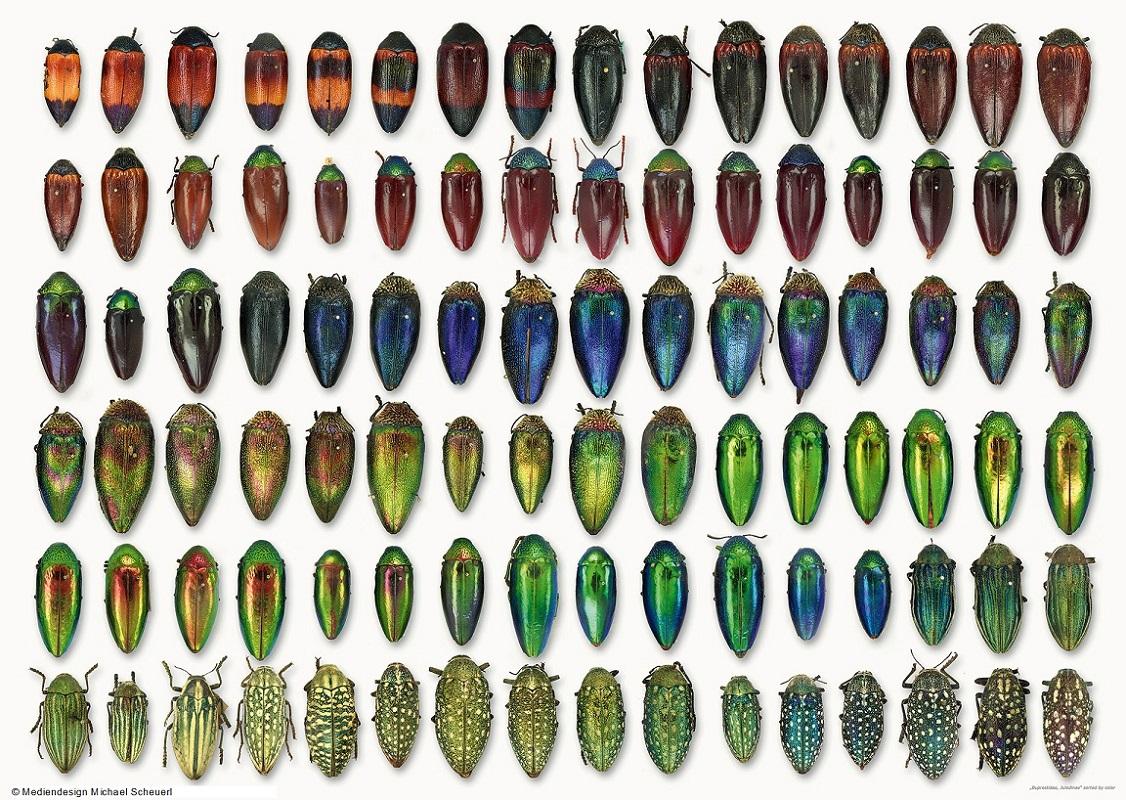Researchers, collection managers and curators have a wealth of data on the world's biological diversity at their disposal. However, this information is stored in different systems and for different purposes. The ABCD standard (Access to Biological Collection Data) allows collection and observation data to be described in a consistent style, necessary for an exchange and the publication for data in common data portals. Compared to the widely used Darwin Core standard, it allows a more detailed communication of information.
The project of the project of the Museum für Naturkunde Berlin and the Botanical Garden Dahlem followed a community-driven approach. Workshops were held with various user groups, including scientists, curators and collection managers, in order to query the diverse requirements for a data schema. The information that a curator of a zoological collection wants to publish differs from the information that a geoscientist needs to share.
Communication with existing and new interest and expert groups contributes decisively to the further development of the ABCD standard. Originally, it was only an XML schema with a very hierarchical structure. Beside a new XML Schema with modifications regarding element reuse (simplification, more consistent naming, etc.) also a base ontology is available. This increases the application and usage of the standard through semantic queries and serves as a basis for future developments of software and services in the semantic web environment. Additionally, different application schemata are created that integrate elements from the ABCD ontology and more. This helps users to determine the most appropriate elements for the publication of their data. An application schema for zoological collection data is already available, others (e.g. for geoscientific collection data like fossils, rocks, minerals, or meteorites) are planned.
The former version, ABCD 2.06, is a ratified TDWG standard (Biodiversity Information Standards). A ratification of ABCD 3.0 is planned for 2022.
For more information about the schema please see on the ABCD website and GitHub.
